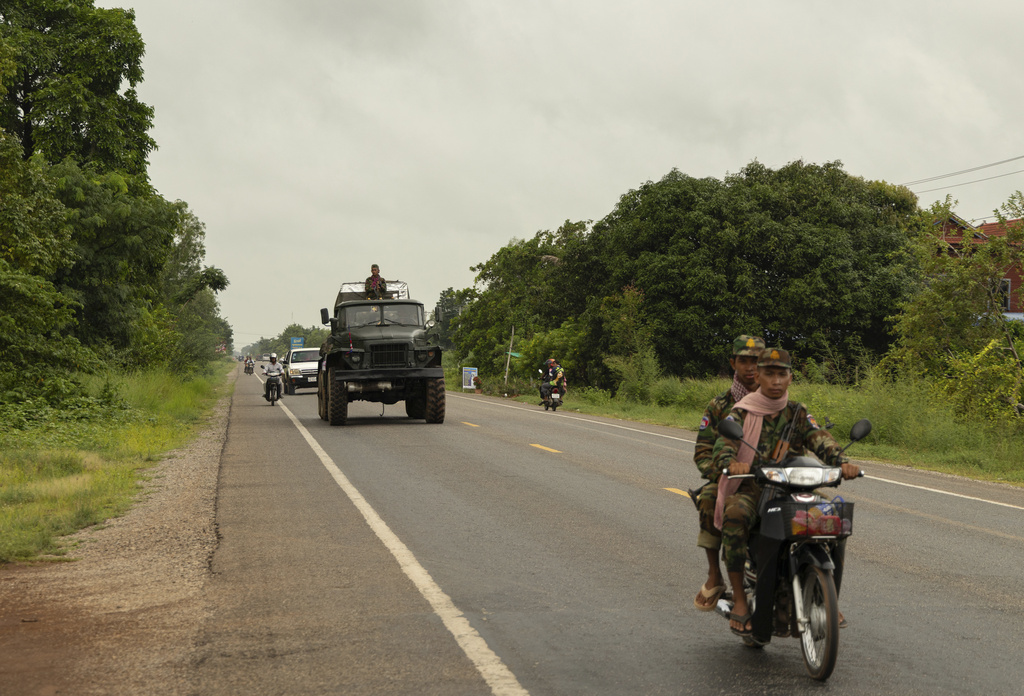
BANGKOK/PHNOM PENH - Cambodia's State Secretariat of Civil Aviation (SSCA) on Saturday prohibited all flights from flying across fighting zones with Thailand, a spokesperson said.
Sinn Chanserey Vutha, who is also the SSCA's secretary of state, said all airlines had been informed to avoid flying over conflict zones and the scope of prohibition had been expanded to Poipet City, Pailin province and part of Siem Reap province.
"All flights have been instructed to avoid flying over these airspaces, and the planes must not fly lower than 1,200 meters above sea level," he said in an audio message released to the media.
Vutha said the measures were to ensure flight operations and the safety of the planes and passengers.
He added that as of 10 am local time on July 26, international flights from Phnom Penh to Bangkok and Siem Reap to Bangkok are operating as usual, as planes altered their routes to avoid prohibited airspaces.
Airstrike against Cambodian military targets
Meanwhile, the Thai Air Force sent 2 F-16s and 2 Gripens fighters to attack Cambodian military targets, the Thai Public Broadcasting Service reported.
Third day of border clashes
A Cambodian defense spokesperson said on Saturday that at least 13 Cambodian people died and 71 others were injured in border clashes with Thailand. According to Thai media, the border clashes started for the third day on Saturday morning after the Cambodian side opened fire against Thai troops.
Armed clashes between Cambodian and Thai soldiers in border areas broke out on Thursday in Cambodian provinces of Oddar Meanchey and Preah Vihear, and spread to Pursat province on Saturday morning, Cambodian Defense Ministry's Undersecretary of State and Spokesperson, Lieutenant General Maly Socheata, said in a press briefing.
"Five Cambodian soldiers were killed and 21 others were wounded," Cambodian Defense Ministry's Undersecretary of State and Spokesperson Maly Socheata told a press briefing. "Also, eight civilians died and 50 others were injured in Oddar Meanchey province."
ALSO READ: China calls for calm over border clash
In the latest development, the Cambodian Ministry of National Defense said the Thai army on Saturday expanded its military attacks to another Cambodian province, Pursat.
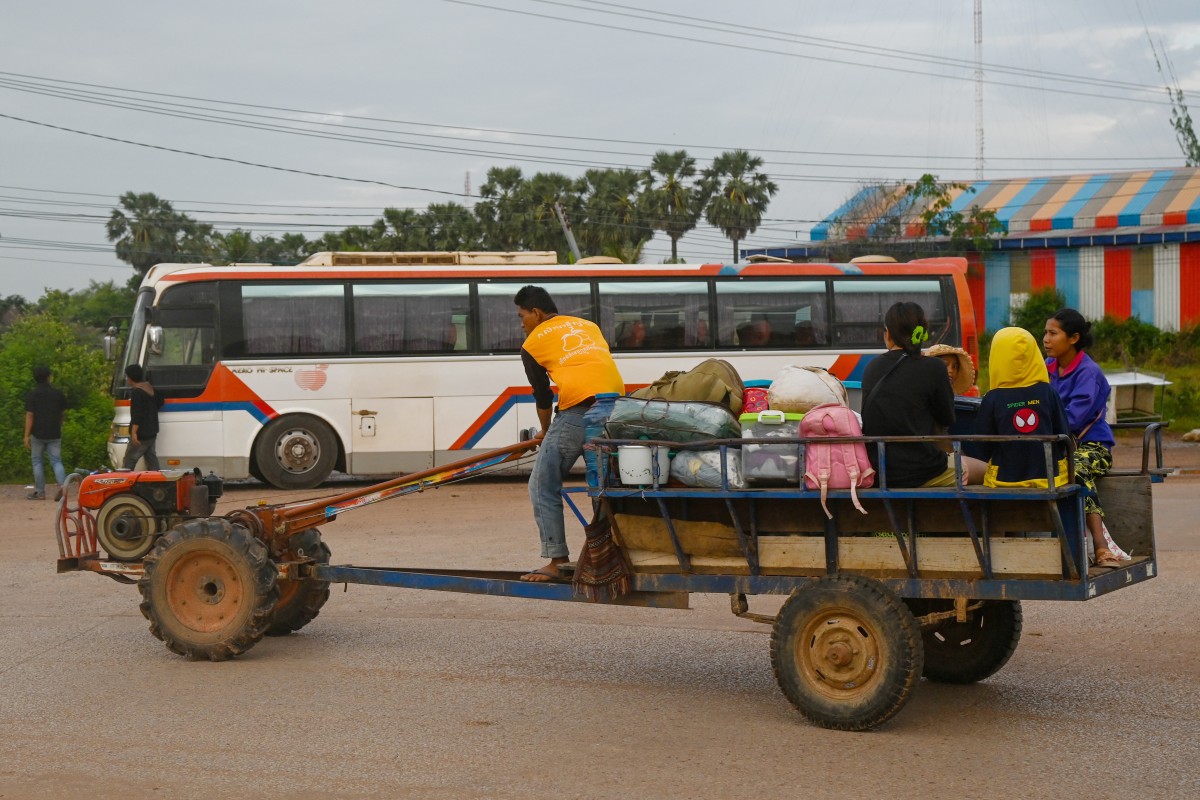
Thai Public Broadcasting Service reported that the border clashes between Thailand and Cambodia started for the third day on Saturday, after the Cambodian side opened fire in the early morning against Thai troops in Thailand's Trat province and the Thai side responded.
The Thai Navy has launched "Trat Strike 1" operation in response to Cambodia's new attack, and has successfully pushed back the Cambodian incursion at three key points, Thai Ministry of Defence spokesperson's office said on Saturday.
The Thai Navy has dispatched a task force of four vessels to support the operation in Trat province, ready to provide fire support to ground forces, the National Broadcasting Services of Thailand reported on Saturday.
Thai media also reported on Saturday that the Thai army had sent letters to 26 countries through its military attaches abroad, briefing them on the situation along the border.
The Thai army stated in the letter that the Cambodian army opened fire first and attacked Thai non-military targets, including civilians, communities, and hospitals, which violated Thailand's sovereignty and international humanitarian principles, according to a report by Thailand's military-run Channel 5.
The Thai army also accused the Cambodian army of laying anti-personnel landmines in Thai territory, which constitutes a serious violation of the Ottawa Convention.
The Thai army held a meeting with the Military Attache Corps in Thailand on Friday and briefed them on the Thailand-Cambodia border situation.
Cambodia's Deputy Prime Minister and Foreign Minister Prak Sokhonn on Friday conducted a briefing for members of the diplomatic corps and defense attachés in the kingdom to apprise them of developments regarding the Cambodian-Thai border situation.
Also on Saturday, Cambodia said that a total of 536 schools in border provinces have been shut down. "The closure has affected 130,000 students and teachers," the Ministry of Education, Youth and Sport said in a post on its official Facebook page.
Martial law
On Friday, the Thai Navy imposed martial law in several districts within the eastern coastal provinces of Chanthaburi and Trat, citing national security concerns along the border with Cambodia.
The Chanthaburi and Trat Border Defense Command announced the order on Friday evening, making it effective immediately across eight districts in the two provinces.
In a statement, the Thai Navy said the measure is necessary for maintaining peace and order and protecting Thailand's sovereignty, as well as the lives and property of its citizens.
The Thai Navy cited past incursions by armed forces from Cambodia as justification for the heightened security posture.
The Thai army said in a social media post on Friday that six soldiers have been killed since Thursday.
One soldier from the Second Army Region was killed on Thursday and another five were killed on Friday, according to the army.
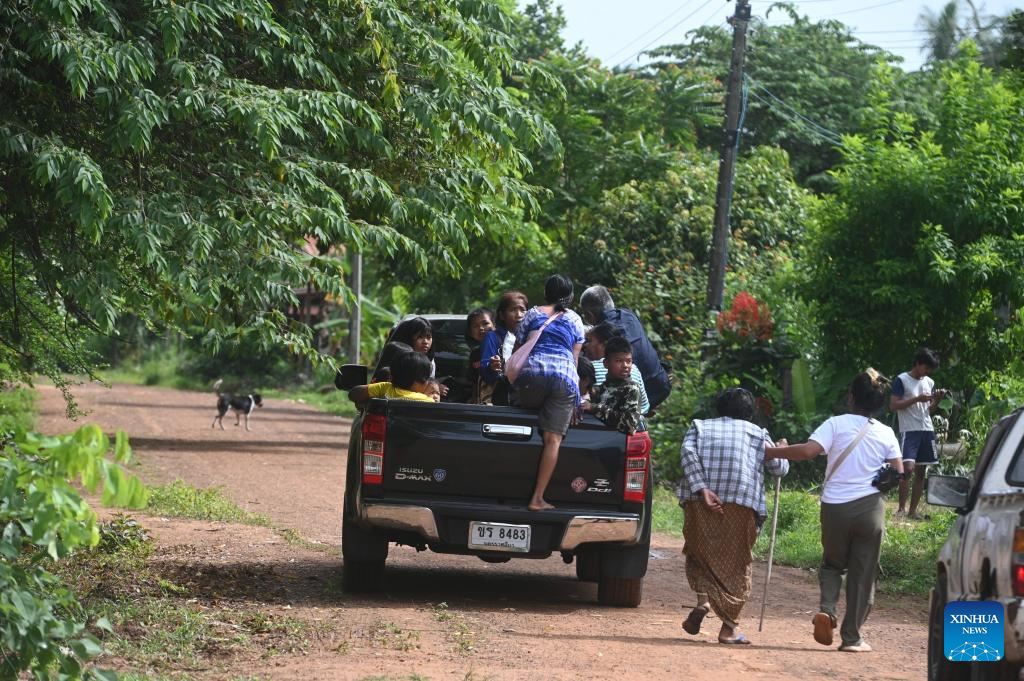
Cluster munitions
Meanwhile, Thai army spokesperson Winthai Suvaree said Thailand will consider using cluster munitions to enhance target destruction capabilities when necessary.
He made the remarks in response to Cambodia's accusation on Thursday that the Thai army had used internationally banned cluster munitions along the Cambodian border, posing a threat to its civilians, deminers and local communities.
Winthai said in a statement that as Thailand is not a party to the Convention on Cluster Munitions, it is not bound by the convention's provisions.
ALSO READ: Clashes continue along Thailand-Cambodia border, causing casualties
He stressed that Thai military operations adhere to the principle of "proportionality" and cluster munitions will only be used against military targets to enhance explosive effectiveness.
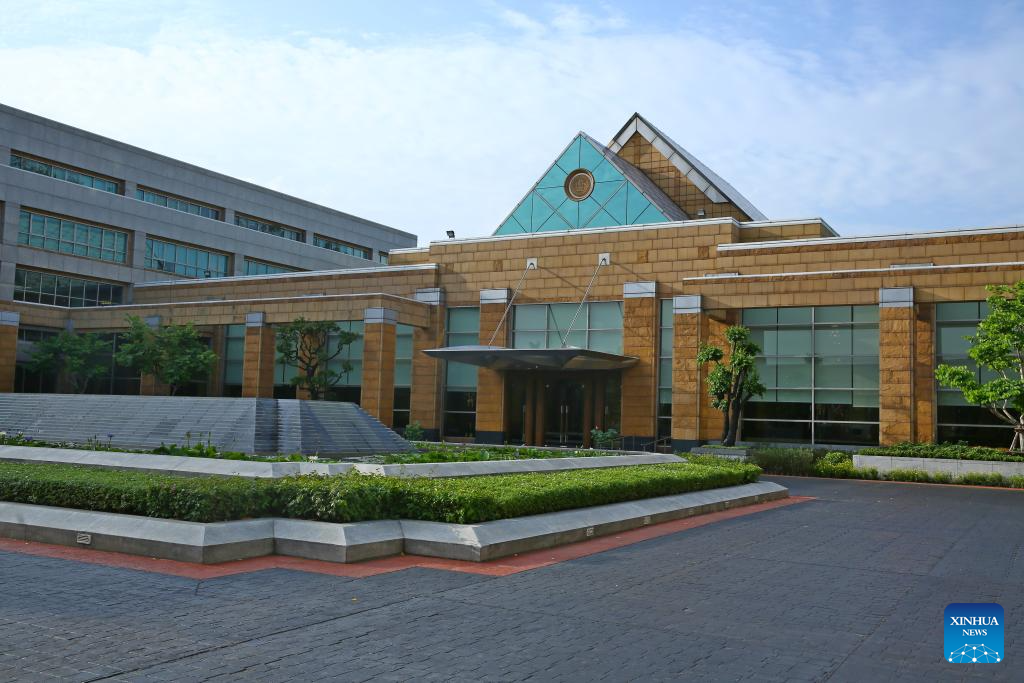
Ceasefire 'based on appropriate on-the-ground conditions'
Also on Friday, the Thai Foreign Ministry said Thailand will consider a ceasefire, but it must be based on appropriate on-the-ground conditions.
In a statement, the ministry said the Thai government wishes to thank Malaysian Prime Minister Anwar Ibrahim for the offer of a ceasefire, "which Thailand fully agrees with in principle and will consider".
However, the ministry pointed out that Cambodian forces have continued their "indiscriminate attacks" on Thai territory throughout the day on Friday.
"Any ceasefire must be based on appropriate on-the-ground conditions. Thailand places utmost priority on the safety and security of civilians, and at this moment, Cambodia's actions demonstrate a lack of good faith and continue to place civilians in danger," said the statement, adding that the Thai government "has the obligation to protect its sovereignty and its people to the fullest extent."
Thai Foreign Ministry Spokesperson Nikorndej Balankura stressed Thailand remains committed to resolving its ongoing border conflict with Cambodia through bilateral negotiations and calls on the international community to urge Cambodia to return to the negotiating table.
ALSO READ: Chinese citizens in Thailand asked to follow safety advisory on borders with Cambodia
Thailand remains firm in its position stated all along since the beginning of the tension that Thailand wants to resolve the dispute through peaceful means and through bilateral dialogue, which Thailand still considers as "the only way out", Nikorndej told Xinhua in an interview.
"We are willing to talk," he said, adding that "the precondition would be a ceasefire from the Cambodian side."
Tensions have remained high along the Thai-Cambodian border in recent weeks, including two incidents in which Thai soldiers were injured by landmines. Nikorndej said that the Thai side determined the mines had been recently planted inside Thai territory by the Cambodian side, for which Thailand lodged a protest with Cambodia.
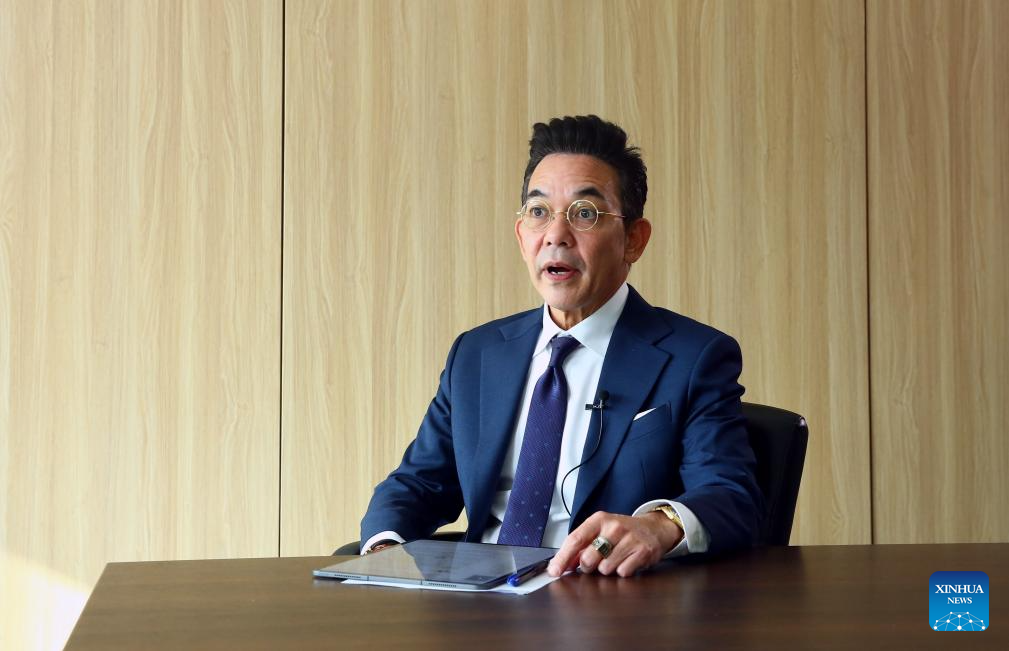
Nikorndej blamed the escalation on Cambodian "provocation," in which Cambodian troops first opened fire and subsequently targeted non-military sites, resulting in civilian casualties.
"This is unacceptable to the Thai military," he said.
Nevertheless, Nikorndej emphasized that Thailand is trying to contain the conflict to military targets along the border to avoid harm to civilians.
Commenting on Malaysian Prime Minister Anwar Ibrahim's reaching out to leaders of both Thailand and Cambodia in his capacity as current ASEAN chair, Nikorndej said Thailand views the issue as a bilateral matter, "not an ASEAN issue," and wants to exhaust all bilateral mechanisms first.
READ MORE: Thai army: 9 civilians killed in Thailand-Cambodia border clash
"If the bilateral mechanism does not work, the issue is still bilateral in nature. We would be okay if Malaysia would try and help bring Thailand and Cambodia to discuss bilaterally on the table," he said.


